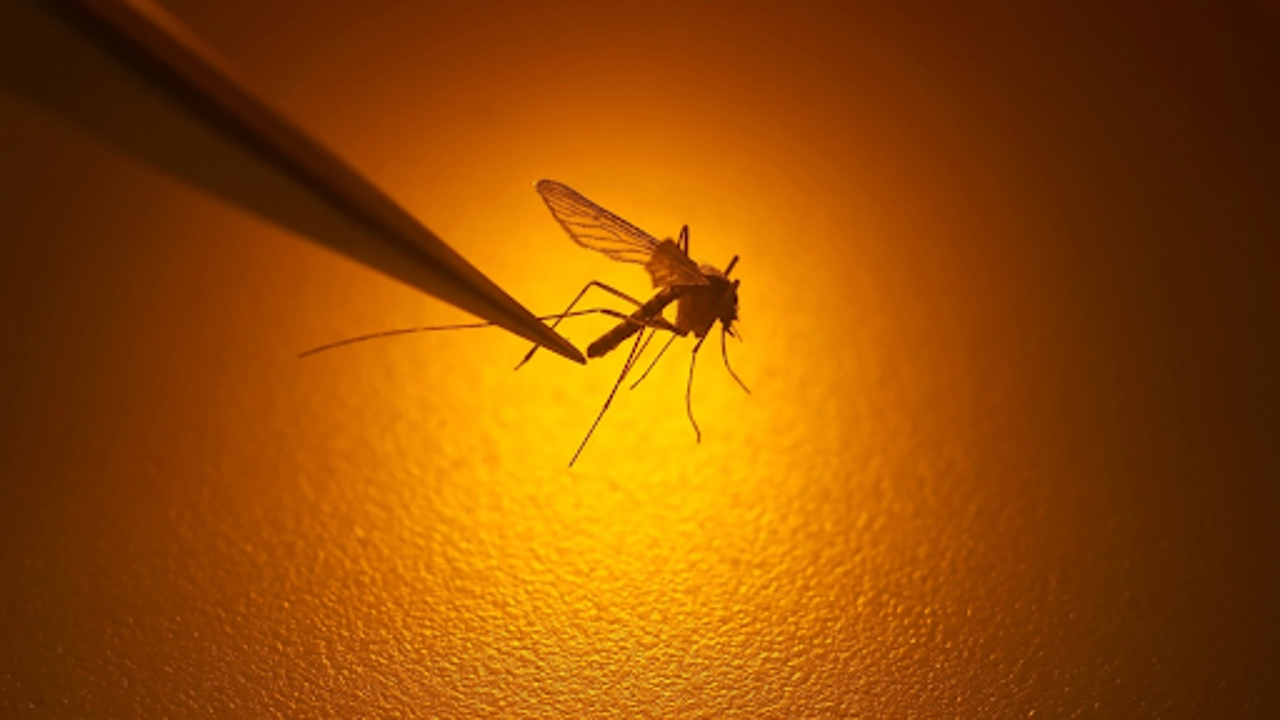
A mosquito in Salt Lake City on August 26, 2019. (AP Photo)
Massachusetts health officials have announced a second confirmed case of the eastern equine encephalitis (EEE) virus in the state. This new case involves a woman in her 30s and was detected in Plymouth County. Additionally, a second case of the virus was confirmed in a horse in the same area.
The virus, which is carried by mosquitoes, has become a serious concern after a recent case in New Hampshire led to the death of a resident. This marked the first case of EEE in New Hampshire in ten years. The infected resident from Hampstead had severe symptoms affecting the central nervous system and was hospitalized before passing away.
EEE is a rare but severe disease that can be fatal. It spreads through mosquito bites and can affect anyone, although it is most dangerous for those with weakened immune systems. The virus often causes flu-like symptoms, which can escalate into serious neurological issues and brain inflammation.
The first EEE case in Massachusetts this year was reported in a man in his 80s from southern Worcester County. Both the latest human case and the horse infection were linked to areas in Plymouth County that had been treated with aerial spraying on Tuesday night. This spraying was intended to reduce mosquito populations and lower the risk of EEE. However, the spraying was conducted after the infections had already occurred.
According to Massachusetts Public Health Commissioner Robbie Goldstein, while aerial spraying aims to decrease the risk of EEE, it does not completely eliminate the threat. Goldstein emphasized that residents should take preventative measures against mosquito bites to further reduce their risk.
EEE is known for its high mortality rate, with about one-third of those who develop encephalitis from the virus not surviving. Those who do survive may face long-term physical and mental disabilities. Currently, there is no vaccine or specific antiviral treatment for EEE. The infection can cause flu-like symptoms initially but can progress to severe neurological disease.
This year, 76 mosquito samples in Massachusetts have tested positive for EEE. Health officials are advising residents in affected areas to avoid outdoor activities during the evening and night, when mosquitoes are most active. Previous outbreaks of EEE in Massachusetts included a severe incident in 2019, which resulted in six deaths among 12 cases, and continued with additional cases and death in the following year. In New Hampshire, two out of three people infected in 2014 died from the virus.















